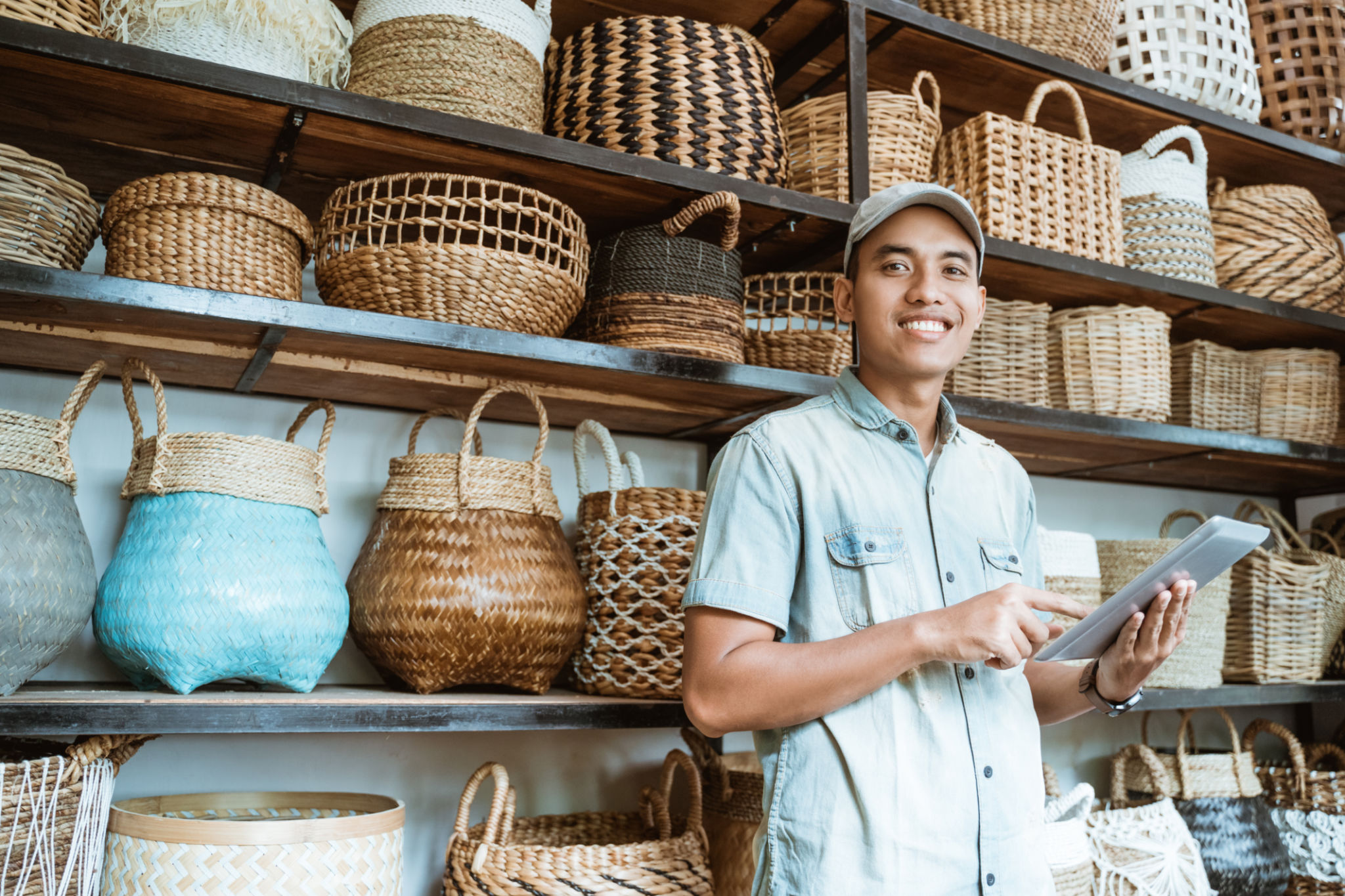Top Localization Trends Impacting Indonesian Businesses
Understanding the Importance of Localization
In today's increasingly globalized world, businesses are recognizing the critical importance of localization strategies. For Indonesian businesses, understanding and implementing effective localization can be a game-changer in reaching broader audiences and enhancing customer experiences. Localization is not just about translation; it's about adapting content and products to fit the cultural nuances and expectations of a specific market.
As one of Southeast Asia's largest and fastest-growing markets, Indonesia presents unique opportunities for companies that can successfully localize their offerings. From language and cultural adaptation to regulatory compliance, several trends are shaping how businesses approach localization in this dynamic region.

The Rise of Digital Localization
With the rapid growth of digital platforms in Indonesia, businesses are increasingly focusing on digital localization. This involves adapting websites, apps, and online content to meet local preferences and linguistic needs. Given Indonesia's high mobile penetration and active social media usage, businesses must ensure that their digital presence resonates well with Indonesian consumers.
One significant trend is the use of local languages and dialects in digital communication. While Bahasa Indonesia is the official language, many Indonesians speak regional languages such as Javanese or Sundanese. Tailoring content to include these languages can improve engagement and brand loyalty among diverse audiences.
Cultural Relevance in Marketing
Cultural sensitivity and relevance are critical components of successful localization strategies. Indonesian consumers value brands that understand and respect their cultural identity. This means that marketing campaigns must be thoughtfully crafted to reflect local customs, traditions, and values.

For instance, during religious festivals like Ramadan or Eid al-Fitr, businesses can tailor their marketing strategies to align with the spirit of these celebrations. Offering special promotions or products during these times can significantly boost brand recognition and customer connection.
Leveraging Local Influencers
Influencer marketing continues to grow as a powerful tool for reaching Indonesian consumers. Local influencers hold significant sway over their followers, making them invaluable partners in localization efforts. By collaborating with influencers who have a deep understanding of the local culture and language, businesses can create authentic connections with their target audience.
Moreover, influencers can help brands navigate cultural nuances and provide insights into consumer preferences, making them essential allies in crafting effective localization strategies.

Regulatory Compliance and Localization
Navigating Indonesia's regulatory landscape is another critical aspect of successful localization. Businesses must ensure compliance with local laws and regulations, particularly concerning data protection, advertising standards, and product labeling.
- Adhering to local data privacy laws is essential for building consumer trust.
- Understanding advertising guidelines can prevent potential legal issues.
- Ensuring product labels are in Bahasa Indonesia is often a legal requirement.
By prioritizing regulatory compliance as part of their localization strategy, businesses can avoid potential pitfalls and establish a strong foothold in the Indonesian market.
The Future of Localization in Indonesia
As technology advances and consumer expectations evolve, localization strategies will continue to change. Businesses must remain agile, adapting to new trends and technologies that enhance their ability to connect with Indonesian consumers.
The future may see increased use of AI and machine learning in localization processes, allowing for more personalized and effective marketing strategies. Additionally, virtual reality could offer immersive experiences tailored to local preferences, further enhancing consumer engagement.

In conclusion, localization is an ongoing journey that requires continuous adaptation and learning. By embracing these trends and focusing on the unique aspects of the Indonesian market, businesses can position themselves for sustained success in this vibrant region.
